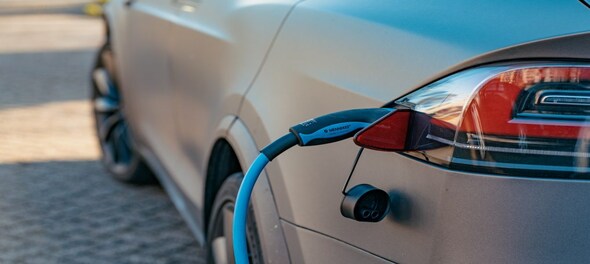
Adden Energy, a Harvard-backed tech startup, has made a breakthrough by developing a battery unit that is capable of fully charging in three minutes and lasting more than twice the current EV batteries. If successfully scaled up, these new batteries can change the future of electric vehicles.
As interest in EVs continues to grow, more investments are flowing into battery technologies. A significant portion of the investment is flowing towards innovations that can overcome the battery-related hurdles faced by EVs today.
Here are just a few of these new battery technologies that can shape the future of EVs:
Fluoride cells
Nearly all of today’s batteries, from EVs to smartphones, are the lithium-ion (Li-ion) cathode and graphite anode battery systems. While there are numerous battery system alternatives being researched, most of them are less energy dense. Fluoride cell batteries, however, are not only much more energy dense than Li-ion cells, around a 10x energy density increase, but they are also cheaper.
Sodium-ion cells
Sodium is one of the most abundant chemicals found on Earth, with salt being the sixth-most abundant substance. This means that Na-ion batteries can be far cheaper than today’s batteries. Additionally, sodium can be harvested as a by-product of desalination, which produces potable water from seawater. Having the potential to charge much faster than today’s batteries and having a longer life cycle make them a promising prospect.
Organosilicon electrolyte batteries
While alternative battery composition may still be decades away, stop-gap innovations can help improve and stabilise the batteries we already use today. Scientists have found that using organosilicon electrolyte solutions in Li-ion batteries helps them be more stable and reduces the risk of thermal runaway, cutting down the chances of fires.
Structural battery architectures
A significant proportion of the weight and cost of today’s EVs are made up of the battery kits in the vehicles. Researchers have been looking for a way to start using EV batteries as part of the car’s structure itself. As the batteries already consist of enough strength to support the structure of the car, structural battery architectures can significantly reduce the cost and weight of vehicles, which can further drive efficiency in terms of range and lifecycles.
Solid-state battery architectures
Today’s Li-ion batteries use a liquid electrolyte to allow the movement of charged particles between the anode and cathode. However, turning to solid-state electrolytes can bring a whole host of benefits – batteries become non-flammable, more energy dense, have greater range, longer lifecycles, recharge faster, and can handle extreme temperatures better.



